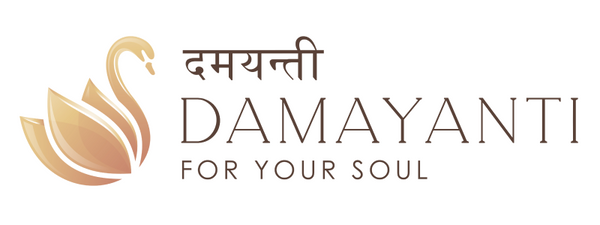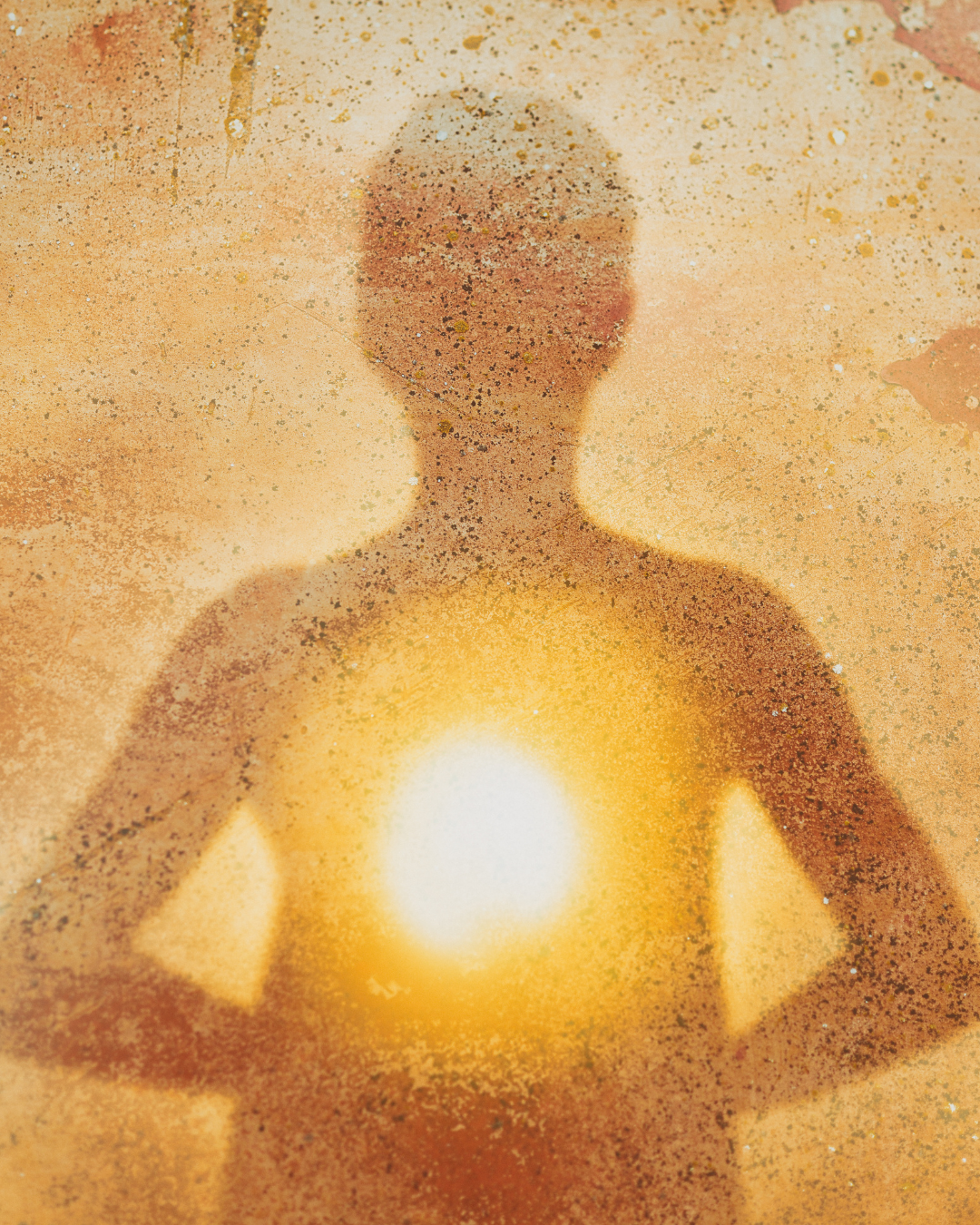I’ve received more questions from people interested in the path to freedom, peace, to express their full potential and live their best life. S I hope you enjoy this latest Q and A.
- What is spirituality?
First, a note on this question. I have been asked this question before in my previous Q and A blogs. It seems to come up again and again, because a lot of people who have an interest in consciousness, mindfulness and the path to increased awareness, appear to be resistant to formal religion or God-based practices and ideas. In previous blogs I pointed out that ‘spirituality’ can, indeed, refer to what goes on in a church or synagogue, temple or mosque.
However, I pointed out that in my own training and background, the word did not relate to formal religion. Spirituality is the understanding of, and connection with, a world of energy and consciousness that lies beyond the merely physical – hence the other related term ‘metaphysical’. This ever-present spiritual world is accessed through a myriad of ways and methods that suit the nature of the person who wants to step through the doorway. These include meditation, mindfulness, devotion, prayer, reason, ceremony, the practice of attentive single-pointed action, or a combination of these.
Take a simple method that is suited to those of a rational, intellectual bent:
Ask the question “Who am I?”
Observe any answer that arises in response to the question, for example, I am this body, this mind, these feelings, this collection of life experiences, this sense of Self, this feeling of existence. Consider and reflect on these answers.
Then ask a follow up question: Who is observing this body, this mind, these feelings, this collection of life experiences, this sense of Self, this feeling of existence?
If the observer cannot logically be that which is under observation, then: Who is this witnessing consciousness? Who am I? Keep asking the question.
Exercises like this open a doorway to enquiry, wonder, deeper understanding. In exercises like this, it is the question that is the energetic focus, not so much the answers.
There are similar methods for heart-centred people. Often these do, in fact, involve some kind of prayer. If not to an actual deity, then to a universal power of love and creativity. Such prayers can express first gratitude for all the many blessings you have received – health, friendship, family, success. Then some form of openness to guidance, to be shown the next steps in your life’s journey.
For active people spiritual practices involve acting with focused attention in the moment. The emphasis is on letting go of distracting thoughts and feelings, and simply letting the attention rest where the work or activity is taking place. This is a beautiful discipline which can open a doorway to deep connection to the Now.
For many people all three approaches – rational, heart-centred and active – have an appeal at different times and in different circumstances.
- Which areas of the brain are stimulated by the various mindfulness, awareness and visualisation exercises?
While at one time I made a study of neuroplasticity – the power of the brain to rewire itself – brain science is not really my area of expertise.
But Craig Hassed, a doctor based in Melbourne, a friend who has done a lot of work on this. He makes it clear that new research into neuroplasticity and the placebo effect show that mood, emotion, expectation and similar, have an effect on the brain, and, over time can rewire it.
This is for good and for ill – long term meditation and commitment to mindfulness can increase immune responses, and foster brain growth and health; while stress, depression and long-term pathological behaviour like lying or cruelty, can lead to addictive and destructive patterns being laid down by the brain. See for example, his book, The Essence of Health: The Seven Pillars of Well-Being.
- What would you say to someone to inspire them to undertake the work of raising their consciousness and increasing their awareness?
There is a lot that can be said to encourage people to engage in this pursuit, but it depends on the person themselves, their nature, their level of enthusiasm and so on.
Here are three different things that can be said to someone who wants to know why they should invest time and energy into a path to greater consciousness:
First, we all know we need food, rest and exercise in the right ratios, to keep our body in trim. We would be pleased if those we cared about were sensible in their diet, and got a good balance of rest and relaxation, and exercise and activity. On the other hand, we would be concerned if a friend ate nothing but junk food, didn’t do any exercise, and worked themselves into the ground.
The same need for a balance of food, rest and exercise goes for the mind, the heart and the soul. It doesn’t make any sense to be concerned for our physical bodies, while we ‘feed’ our minds nothing but the equivalent of junk food, or if we never let our emotions find rest and relaxation from the normal stresses of an active life.
So, what to do? Apply the common sense way of looking after our physical body to the mind, the heart, and the spirit. Study something challenging, paint, listen to beautiful music, spend time in nature, surround yourself with beautiful things and warm friendly people. Meditation and mindfulness tick a lot of the boxes of food, exercise and rest for these ‘higher’ parts of our being – the mind, heart and soul.
Here’s a second suggestion: Everyone has a light side and a dark side. Everyone has a unique mix of positive qualities – kindness, perseverance, courage, selflessness and so on. But everyone also has weaker tendencies in an equally unique mix – cowardice, laziness, addictive behaviours, micro-aggressions and so on.
Mindfulness practices strengthen the positive side of our nature, and equip us with the insight and will to take a stand against our darker nature. These practices in awareness have the potential to make us better people and allowing to live our best life.
Here’s another suggestion: there is a sliding scale of consciousness available to us, from deep sleep to full consciousness. Even when we get out of bed and leave sleep and dreams behind, our wakefulness is still on a scale. We can stumble through our day in a heavy fog. We can do a little better and engage with our work and social activities, but with our minds chattering and our attention wandering. Or we can be in a highly focused state of attention where we are alert to everything in the Now, including the thoughts and feelings that rise and fall within us. Obviously this last condition has great practical benefits emotionally, mentally and spiritually.
All of the above suggestions repay huge dividends on the investment of time and energy put into mindfulness practice.
Also, there are rewards along the way. Just a little mindfulness usually results in a noticeable increase in clarity, focus, insight, creativity and so on. There is also a greater connectivity and sensitivity to situations and people. Often others in our life begin to comment on the positive change in us. These are what we would call both extrinsic (coming from outside), and intrinsic (inwardly observable) motivating factors.
- Why is 'mastery' of attention control so important before you move onto the next steps e.g. Before emotional observation?
The key word is ‘control’. The emotional realm is a powder keg of potential power. In a way, our habits and mental fog that keep us dull and disconnected, also keep that powder keg from igniting.
Simply put, in our ordinary state we don’t have full access to emotional energy. Nature or the Universe – whatever term you want to use – tests us to see if we are sincere in wanting to wake up and gain control of our own inner strength.
These tests assess whether we can be trusted in small ways, before we are given access to bigger things. It’s one of the reasons that time is a necessary factor and is different for everyone. How long does someone need to feel the benefits of mindfulness practice, to commit to the process? That very much depends on them.
Time itself has three aspects in this endeavour: frequency, duration, and extent. Frequency means how often we practice the exercises that have been suggested for us. Duration means how long we practice for. Extent means over what period of time do we apply orselves to these practices – weeks, months or years. Success depends on all three.
- What is philosophy?
There are three ways of using the word ‘philosophy’.
Its etymology is ‘love of wisdom’. This means the focused pursuit of truth and connection to reality, both internal – who am I? And external – what is the universe? How is it governed? What are its laws?
The second meaning is a general framework of principles, which govern a person or organisation - your ‘philosophy of life’, as it were. Is it to look after others first and then yourself? Or to look out for Number One? Is the philosophy of a business to put its customers first? Or to supply the best products? Or offer the best service?
A third meaning is to ponder ideas and theories about how life is organised – usually in relation to overarching problems that humanity faces. Like political philosophy such as Marxism, or capitalism. Or the problem of being and existence – hence philosophical schools of thought like Existentialism, Logical Positivism and so on. This tends to be the realm of university departments.
So I hope these questions and answers help fill out your understanding of spirituality, mindfulness, philosophy and so on. My goal is always to encourage you to take practical steps to move forward on your soul journey and achieve ultimate success. For further blog posts and for other helpful reminders such as jewellery collections inscribed with beautiful Sanskrit mantras go to Damayanti.store. Good wishes to you all.
Kshama: Finding the Patience, Peace, and Gratitude to Handle Anything

